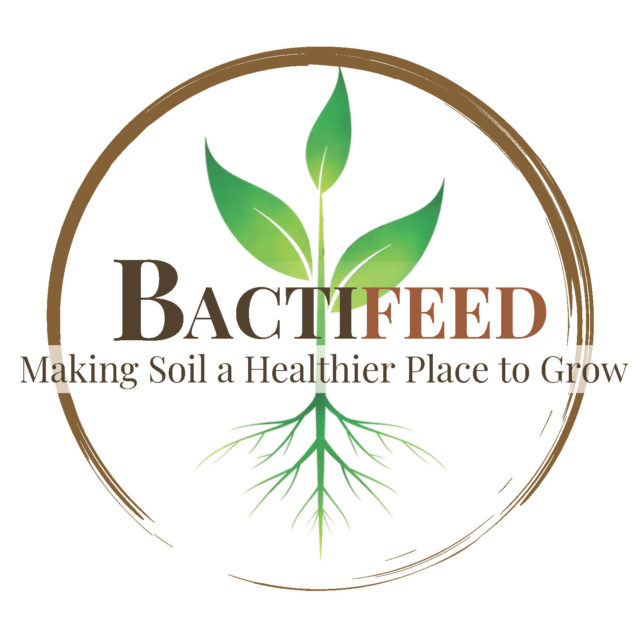Jill Hapner, Ph.D. West Bend, Wisconsin Executive Director GrassWorks, Inc.
What education are you bringing with you to this position?
I earned a bachelor of science in biological sciences at Concordia University – Wisconsin and continued with my graduate studies at the University of Wisconsin – Milwaukee, earning a master of science and a doctorate in plant ecology, wetland science and landscape ecology.
Please describe your professional background.
I have a multi-disciplinary background in environmental science, business management and non-profit development and organization. I bring extensive experience to the position through a broad range of past and current professional and supervisory positions and contribute expertise and passion for conservation of our natural resources.
What territory will you cover?
Our efforts to promote managed grazing practices are focused throughout Wisconsin and our neighboring states.
What are your new responsibilities?
I work with the board of directors to coordinate and manage the organization’s activities. My responsibilities include implementation of policies, annual goals and objectives, as well as general financial, program and administrative management of the organization.
What previous positions have you held?
I am owner of GeoBotany Systems Consulting Services and have previously held positions with the U.S. Natural Resources Conservation Service, U.S. Bureau of Land Management, and Washington County Land Conservation Department. I also serve as executive director, past president of the board and co-founder of the Southeastern Wisconsin Invasive Species Consortium, Inc.
What excites you most about working in your new role?
Bringing diverse stewardship efforts together enables common, sustainable methods for growing the food we need while enhancing and protecting the quality of our soils and waterways for future generations.
I have been involved with similar efforts to reduce soil erosion and improve water quality and natural habitat for nearly 20 years and am excited to continue this work with GrassWorks members, staff and partners.
How will you be a resource (or provide resources) to dairy producers?
We provide valuable resources for current and start-up dairy graziers as well as producers who are transitioning to grazing systems. Our Dairy Grazing Apprenticeship Program provides the opportunity for experienced dairy graziers to share their expertise with the next generation of farmers.
Practical information and great tips are also contributed by experienced dairy graziers in our Grazing Guide. GrassWork’s annual Wisconsin Grazing Conference provides educational opportunities and forums for information exchange. Dairy producers can also gain access to a wealth of grazing information at any time through our website.
Together with the GrassWorks staff and board of directors, I will continue to maintain and update existing resources as well as develop new resources to serve Wisconsin’s dairy producers.
Why did you choose this organization?
I spent the summers of my youth working (and playing) on my grandparent’s small farm in northern Indiana. My grandparents and their neighbors were graziers and their farms served as productive, vital components of the rural community.
Today I see the same community dedication, pride and support in GrassWorks members who, while providing a good living for their families, also strive to develop collaborative solutions to improve, preserve and protect our natural resources.
What goals would you like to accomplish while in this position?
- Provide additional educational opportunities for established graziers and for beginning and transitioning farmers.
- Strengthen and extend managed grazing communications networks.
- Continue to develop GrassWorks as a statewide umbrella organization for managed grazing.
- Develop a Speakers’ Bureau to share the social, economic and environmental benefits of managed grazing with the public.
- Support and participate in research to further investigate the benefits of grazing and to identify best management strategies.
- Market and promote the health benefits of consuming grass-fed products. PD




